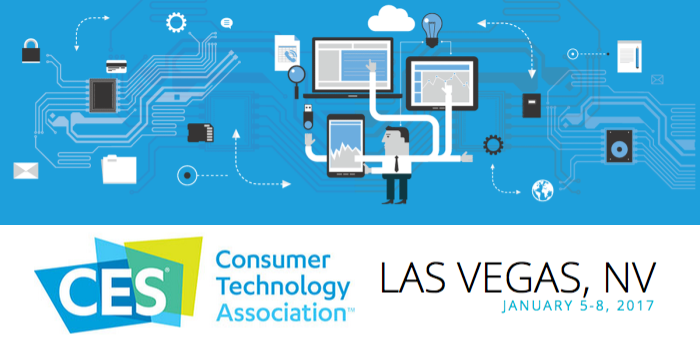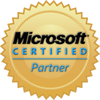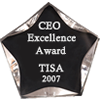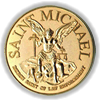The event, now more focused on brands than before, promises to present the "the good, the beautiful and the strange" of technology. The participating companies already commented on some of the cards they are going to play and therefore which are going to be the technology trends. Robots and self-driving cars open a new window to the future of our increasingly technology-driven world.
The good
From Ford, Honda, Toyota and Kia to new competitors like Tesla and even more recent Faraday Future will take their place in the event. For those who expect the arrival of the reign of self-driving and environmentally responsible cars the event is a great news. Although 2016 was tarnished by some technological failures in self-driving cars, we also saw a couple of successful test runs.
Virtual reality is still trying to find its place, but there is not much new. The names are well known: Oculus Rift, HTC Live and PlayStation VR. Some others added to the list, like Windows 10 VR and other brands of the category as HP, Dell and Lenovo.
Similar case to the virtual reality one are the robots, that we can find in all shapes and colors. Some of them focus on customer service areas, others in education, health or tourism sectors among others, looking to make their way into the home and business. From virtual assistants like Amazon Echo to cleaning robots like Roomba, the CES promises to invite the public to know the mass market.
Smartphone technology had been dominating the last few editions of the CES. This time smartphones may take a break as the industry has become too crowded. In fact, the smartphone vendors may now focus on VR and AR technology with new releases in VR headsets and 360 degree cameras. Apart from that, most companies will make the big announcements about smartphones at the upcoming Mobile World Congress (MWC) to be held in Barcelona in February.
Drones have also proven their strength in the past year and 2017 may see a boom in the technology that may be used at a number of areas, including military, agriculture and security, among others.
The beautiful
CES is also about advancing innovations and showing the public disruptive products. A simple way to test the market and do a great focus group experiment.
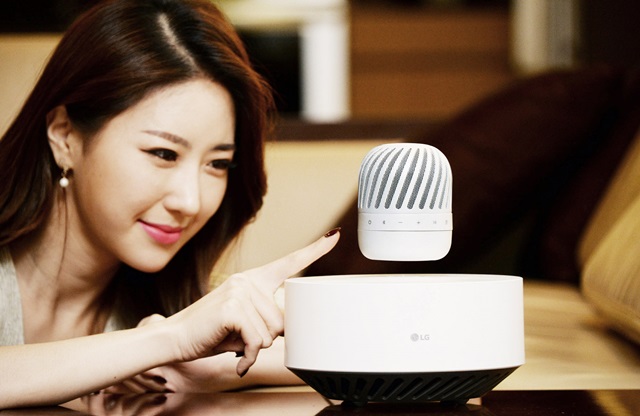
Products like PJ9, a portable wireless speaker from LG that besides providing exceptional audio performance, stands out for its curious and striking design: it is placed on a console and has the ability to levitate. To create this amazing visual effect, LG's new loudspeaker uses powerful electromagnets housed inside the levitation station. Thanks to this, the device can be suspended in the air while playing music, without cables or any traditional anchoring system. The LG PJ9 is equipped with a battery that provides a range of, for example, 10 hours of uninterrupted music playback. When the power runs out, the speaker stops floating in the air and descends on its base to charge the battery. This process is carried out automatically, without the need for any intervention by the user and without stopping the music.
Another interesting innovation is the Smart Cane. Created by the French company Dring, the cane is prepared to alert against any strange situation that the user detects. If the user falls and the stick no longer perceives movement, for example, they will automatically contact a relative or a health care professional.
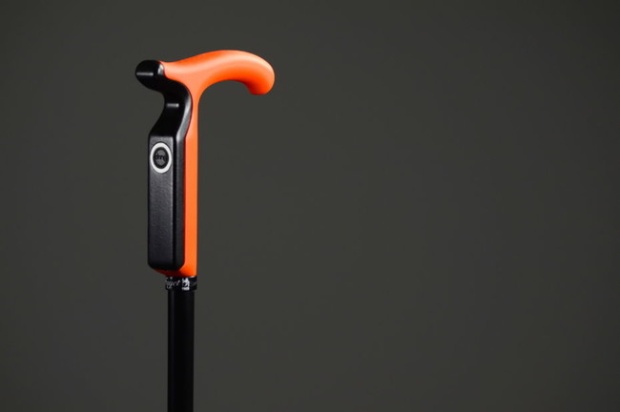
If there was something that needed to be revolutionized was the concept of sleep. Here comes Sleep Number 360, a smart bed. Sleep Number 360 has features like sleep tracking, and is able to perceive a change in position and automatically adjust the comfort levels of the bed. But that's not all, this smart bed can also detect snoring and adjust to raise your head helping a bit to reduce them. And as if that were not enough, it includes a heater in the foot that supposedly helps to reconcile sleep faster.
The strange
When innovation and the urge to be disruptive do not go quite well, it can bear very strange fruits. The event also includes a number of gadgets and rare services.
Hi Mirror is basically a smart mirror considered more like a gadget than an Internet of Things device. It incorporates a full color LED screen and a camera that, thanks to a special software, allows to analyze the quality of the skin. By connecting to the smartphone, via WiFi, you can do things like see the record of skin treatment that we are carrying out.
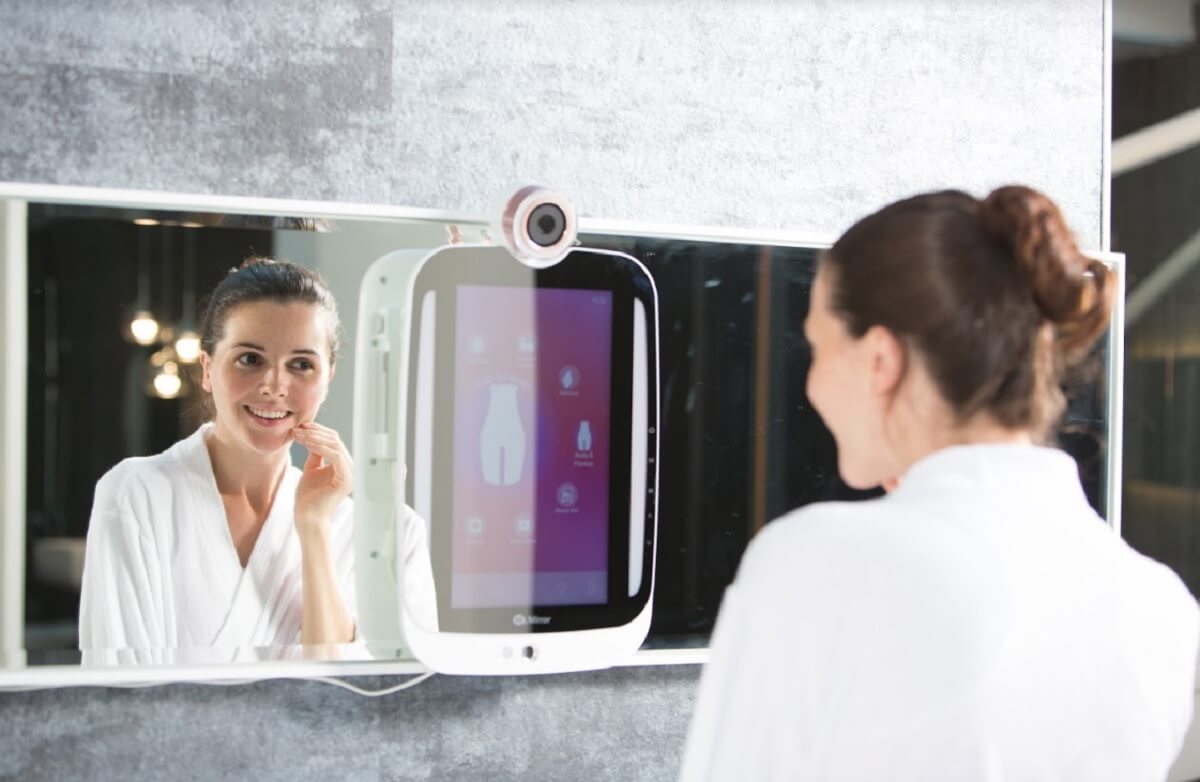
And speaking about intelligent technologies, at CES we can not miss the first prototypes of physical robotic assistants. Yumii is a robot designed for the care of grandparents. It has its own mobility and is programmable with different kinds of functions such as training or information. The best thing about this robot is that its operation is through voice commands, so it will not be necessary to learn to control the screen and access complicated menus. Yumii is not only sold as a robot, but also as a whole platform of care in the home, which offers connection with doctors, professional caregivers, and of course the family.
CES is an annual trade show organised by the US Consumer Technology Association. Held every year in January at the Las Vegas Convention Centre, the event typically hosts presentations of new products and technologies in the consumer electronics industry. Nearly 175,000 people are expected to attend the show this year witnessing products and services from over 3,800 exhibitors.

